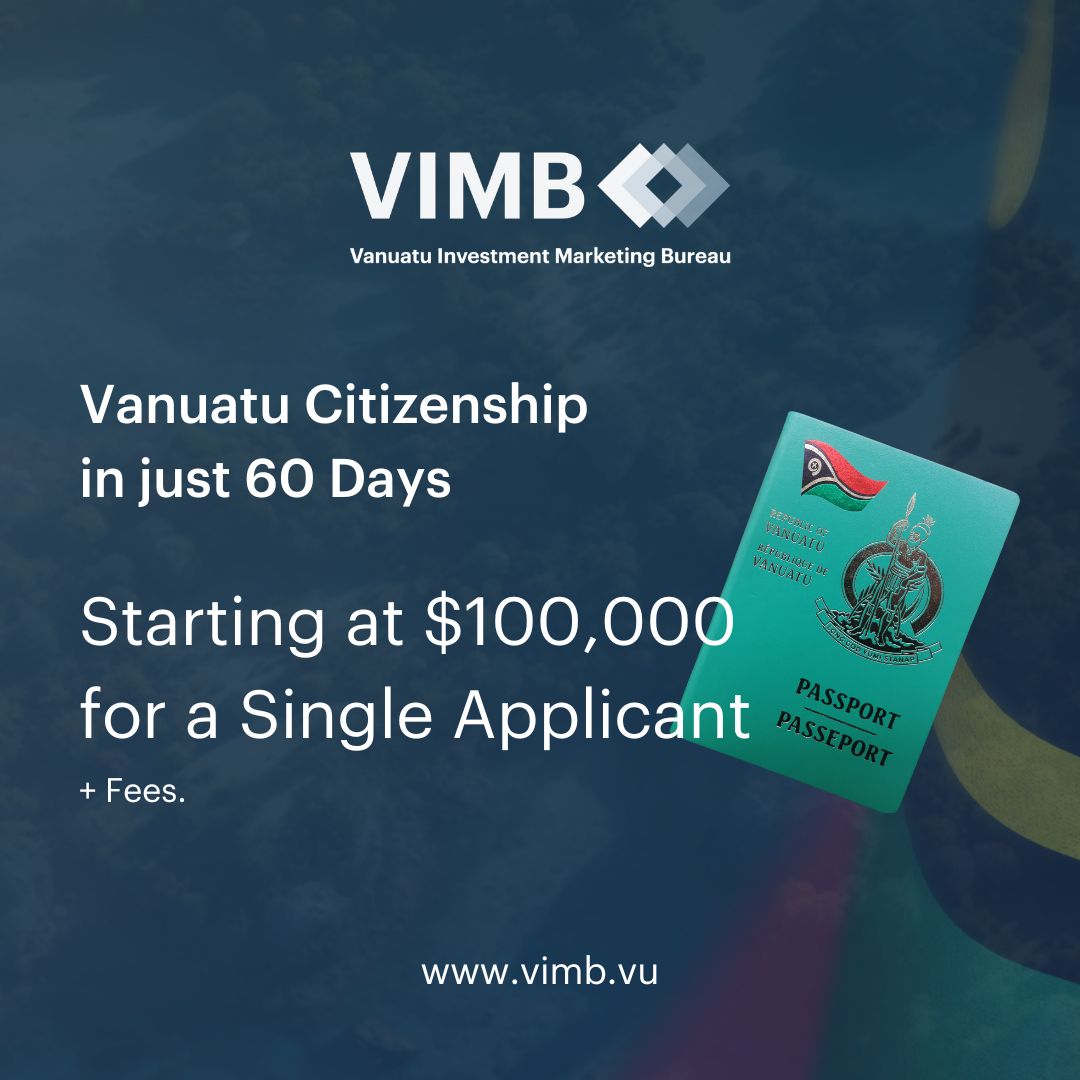China’s Growing Influence in Vanuatu: Aid, Investment, and Strategic Interests
In the vastness of the Pacific, the influence of global powers is noticeable, with China notably extending its reach. Particularly in Vanuatu, this has led to increased Chinese aid, investments, and strategic ties.
Background Information:
Vanuatu, an archipelago nation in the South Pacific, comprises over 80 islands and has a population nearing 300,000. Despite its modest GDP of approximately $800 million, Vanuatu boasts rich cultural diversity and breathtaking natural landscapes, albeit being prone to frequent natural disasters which impact its development.
China’s Presence in the Pacific Region
China’s Pacific strategy includes bolstering ties by providing aid and developing infrastructure which offers the prospect of preferential terms in access to natural resources and enhanced political influence. This relationship dynamics are evident in several Pacific Islands, including Vanuatu, which reflects Beijing’s growing geopolitical and economic interests in this region.
China’s Relationship with Vanuatu
China’s engagement with Vanuatu encompasses significant financial aid and infrastructural development. Noteworthy projects funded by China include modern infrastructural enhancements such as a strategically important wharf and advanced sports facilities. Despite the apparent benefits, these initiatives raise questions about Vanuatu’s debt levels and the impacts on this for maintaining a strategy of non-alignment.
The strategic positioning of Chinese projects has also stirred international discourse about the balance of power in the Pacific.
Perspectives from Vanuatu:
Responses within Vanuatu to Chinese involvement are mixed. Government officials often emphasize the alternative aid and investment avenues that China represents, and other large foreign powers have their own overt programs of influence in the Pacific and Vanuatu – albeit without the scale that China an offer.
However, some community groups and concerned citizens question the long-term impact of dependency on Chinese capital, expressing fears regarding national sovereignty and independent governance.
Data:
- Since 2006, Vanuatu has received over $100 million in aid and loans from China. (Source: Lowy Institute)
- Estimates suggest Vanuatu’s debt to China stands at about $100 million, close to 20% of its GDP. (Source: Lowy Institute)
- Significant Chinese-funded infrastructure includes projects like the notable new wharf and a large sports stadium, amounting to over $100 million. (Source: Xinhua)
- The Ni-Vanuatu government has generally welcomed China’s involvement, recognizing it as a valuable alternative to traditional Western aid sources. (Source: Vanuatu Daily Post)
- However, civil society voices in Vanuatu have raised concerns about potential infringements on national policy-making and sovereignty due to China’s growing influence. (Source: Pacific Islands Report)
Conclusion:
As with any of the international cooperations that Vanuatu maintains, China’s multifaceted relationship with Vanuatu showcases both opportunities and challenges. While aiding in infrastructure and potentially boosting economic developments, it also poses questions on debt sustainability and political independence. As China continues to expand its footprint in the Pacific, understanding the nuanced impacts of its policies on Vanuatu is crucial for maintaining balanced international relations and securing autonomous regional development.











